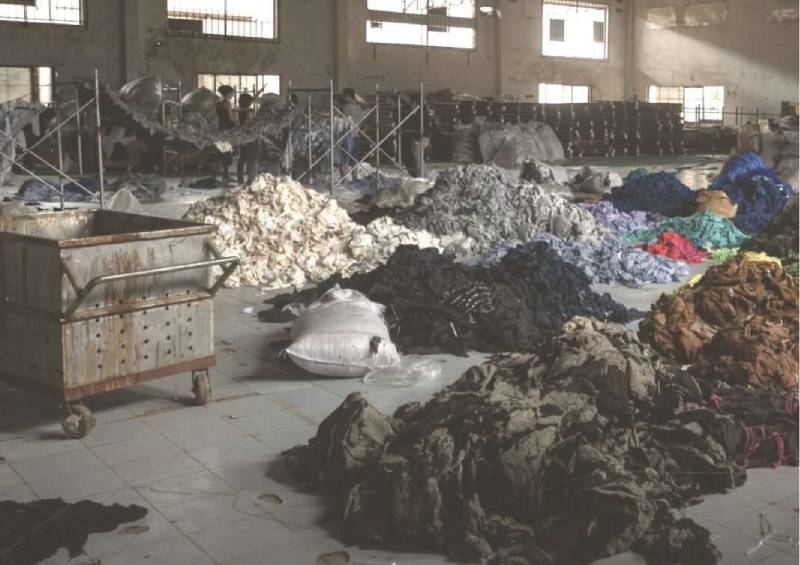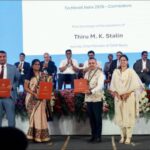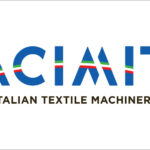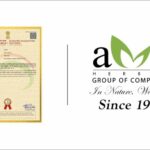Goodwill Industries International Advances Textile Circularity With US$ 1.28 Million Project

Goodwill Industries International (GII) has successfully concluded a transformative two-year initiative aimed at enhancing textile circularity across its extensive network. The US$ 1.28 million project, generously funded by the Walmart Foundation, was designed to develop the skills, systems and infrastructure necessary for the collection, sorting and preparation of textiles for reuse and recycling. The results of this initiative were unveiled during the inaugural Goodwill Sustainability Summit, a two-day event held in Washington, D.C., which attracted leaders from private and non-profit organizations, recyclers and researchers.
In addition to this milestone, GII announced a forthcoming traceability study, supported by a $2 million grant from the Walmart Foundation. This study will track the global journey of second-hand textiles, aiming to inform future reuse and recycling strategies and contribute to the establishment of industry standards for traceability and product lifecycle stewardship.
“Goodwill is focused on developing scalable, circular and traceable textile solutions,” said Brittany Dickinson, GII’s Director of Sustainability. “We are committed to advancing textile circularity by preserving the highest value of every item entrusted to us, benefiting our planet, our communities and our people.”
The textile circularity project, which commenced in the summer of 2022, was conducted in partnership with Accelerating Circularity. The initiative involved analyzing the fibre composition of textiles that had reached the end of their reusable lifespan to determine their suitability as high-value recycling feedstock. Goodwill reported that approximately 60 per cent of the material examined was compatible with existing recycling technologies, including cotton, polyester and cotton-poly blends.
As part of the project, four regional textile hubs were established in Canada, Michigan, the Northeast and the Southeast. These hubs, representing 25 local Goodwill organizations, were tasked with sorting and grading post-retail textiles to identify materials suitable for resale or recycling. Non-reusable textiles were processed into feedstock meeting the specifications required by recyclers.
Each of the four hubs developed business plans and advanced sorting models, which Goodwill intends to replicate across its network. The organization also aims to share these models with other social enterprises to further promote the advancement of textile circularity.
“Goodwill is leading the charge to solve a societal problem,” said Karla Magruder, President and founder of Accelerating Circularity. “No other non-profit collector has explored solutions at this scale before. The size and scale of the Goodwill network uniquely position it to pioneer solutions to the overproduction of textiles.”
Steve Preston, GII President and CEO, emphasized the organization’s commitment to textile-to-textile recycling and its ambition to become a preferred partner for brands, retailers and other industry stakeholders. “We are collaborating with various partners to determine how Goodwill can lead in the textile-to-textile recycling market and develop pathways for minimizing waste and maximizing value through reuse, remanufacturing and recycling,” Preston said.
Goodwill’s efforts in textile circularity align closely with its broader mission of supporting job training, placement and other essential services for individuals facing barriers to employment. The revenue generated from the sale of donated goods is reinvested into local communities, funding workforce development programmes and services. In 2023, Goodwill reported recovering the value of over 4.3 billion pounds of donated products, benefiting more than 1.7 million people through skills development, job placement and career advancement opportunities.














